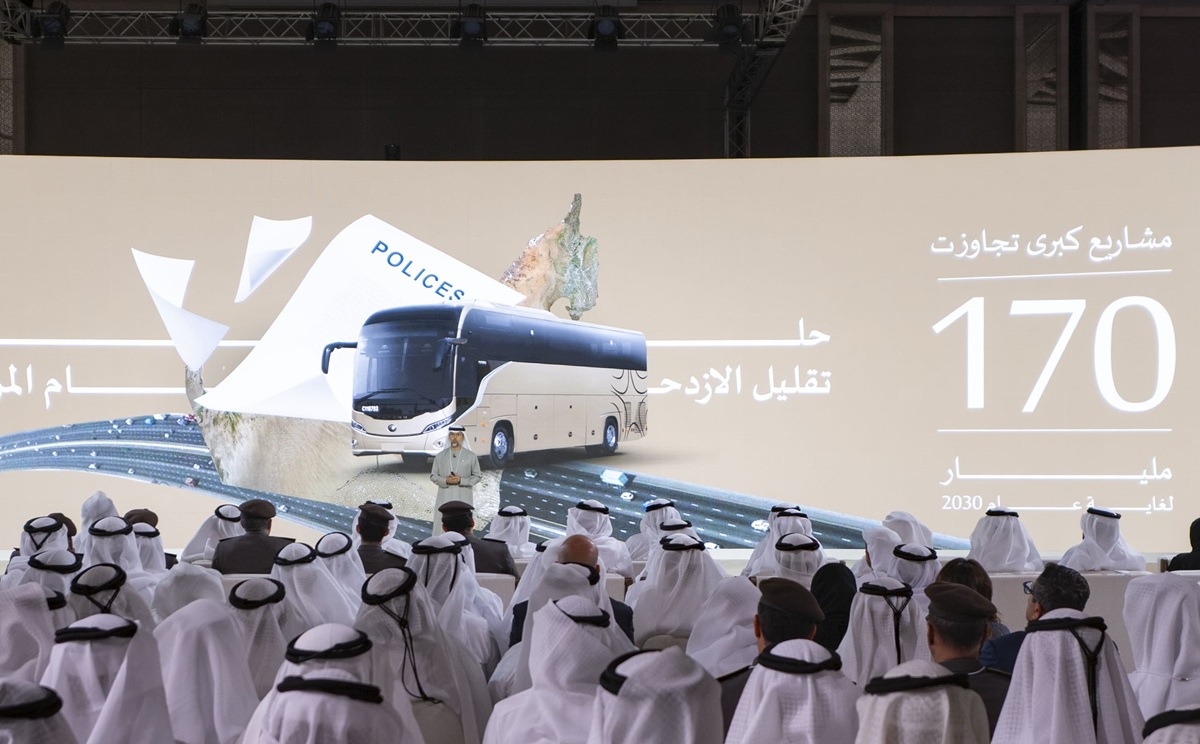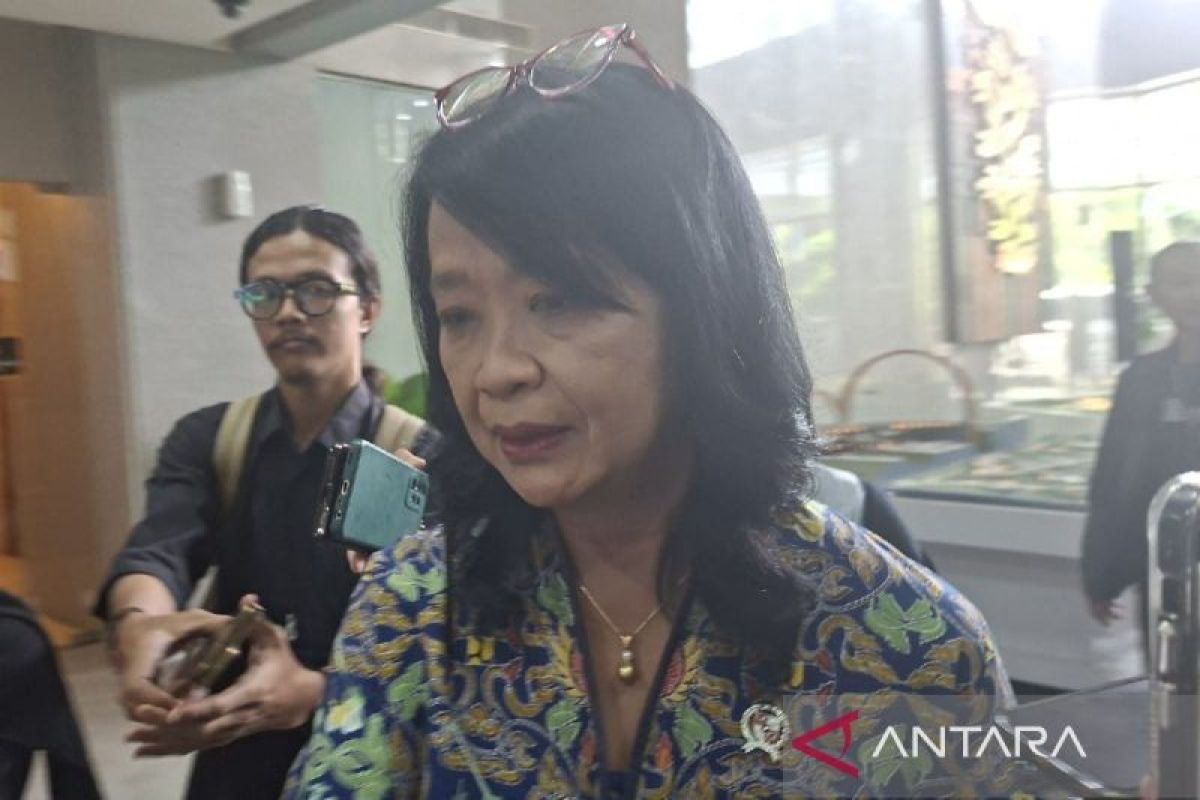The UAE Ministry of Energy and Infrastructure has announced a AED170bn ($46.3bn) package of national transport and road projects to be implemented by 2030, aimed at easing traffic congestion, expanding major highways, and improving mobility across the country.
The projects form part of a comprehensive national strategy to develop transport infrastructure that keeps pace with population and economic growth, while improving the quality of life for citizens and residents.
Announcing the plan during his keynote at the UAE Government Annual Meetings in Abu Dhabi, Suhail Al Mazrouei, Minister of Energy and Infrastructure, said the ministry will enhance federal road efficiency by 73 per cent over the next five years.
UAE road plan
The plan includes expanding the number of lanes from 19 to 33 in each direction across key highways, alongside multiple capacity upgrades:
- Etihad Road will gain six new lanes — three in each direction — boosting capacity by 60 per cent and bringing the total to 12 lanes
- Emirates Road will expand to 10 lanes across its full length, increasing capacity by 65 per cent and reducing travel time by 45 per cent
- Sheikh Mohammed bin Zayed Road will be widened to 10 lanes, enhancing its capacity by 45 per cent
The ministry is also conducting a feasibility study for a fourth federal highway, a 120 km, 12-lane route with the capacity for 360,000 trips per day, designed to further ease inter-emirate travel.
$204m Emirates Road upgrade
Al Mazrouei confirmed that work is already underway on a AED750m ($204m) project to upgrade and develop Emirates Road, scheduled for completion within two years.
He said the project forms part of a series of infrastructure upgrades that aim to create a smart, flexible, and sustainable transport system aligned with the UAE Centennial 2071 plan.
Al Mazrouei said: “The ministry is implementing the leadership’s directives to develop a smart, flexible, and sustainable infrastructure that enhances traffic flow, supports comprehensive development, and improves quality of life”.
The minister noted that the number of vehicles on UAE roads has been increasing by more than 8 per cent annually, significantly higher than the global average of 2 per cent.
He attributed rising congestion to population growth, overlapping school and work hours, and heavy reliance on private vehicles.
Addressing these issues, Al Mazrouei said the ministry is coordinating with local authorities to implement measures such as updating traffic policies, improving integration between transport networks, and introducing innovative mobility options to encourage greater public transport use.
National strategy for smart, sustainable transport
Al Mazrouei said the ministry is adopting a comprehensive strategic approach to reduce congestion and emissions through innovation and technology.
The ministry established a new 24-hour traffic monitoring centre to analyse congestion causes and propose data-driven solutions to improve traffic flow.
He added that the UAE Railway Programme, launched in 2021 with an investment of AED50bn ($13.6bn), remains a central pillar of the transport strategy.
The Etihad Rail passenger service is on track to begin operations by 2026, connecting major cities and reducing road traffic.
Al Mazrouei said: “The network will strengthen connectivity between cities and communities, reduce traffic congestion, and meet passenger needs in accordance with the highest international standards”.
National approach
Al Mazrouei emphasised that tackling congestion and improving mobility are national priorities, with federal and local entities working together to enhance roads, public transport, and logistics networks.
He said developing and adapting traffic policies to urban growth is a key pillar in ensuring efficient mobility for all road users. The ministry will continue collaborating with local authorities to deliver projects that balance infrastructure development, sustainability, and public convenience.








